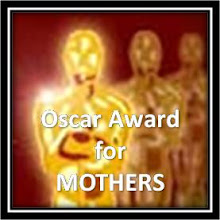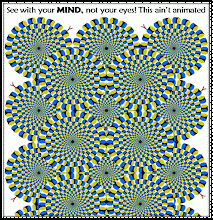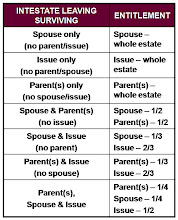Blood, Sweat & Tears (also known as "BS&T") is an American music group, originally formed in 1967 in New York City. Since its beginnings in 1967, the band has gone through numerous iterations with varying personnel and has encompassed a multitude of musical styles. What the band is most known for, from its start, is the fusing of rock, blues, pop music, horn arrangements and jazz improvisation into a hybrid that came to be known as "jazz-rock". Unlike "jazz fusion" bands, which tend toward virtuostic displays of instrumental facility and some experimentation with electric instruments, the songs of Blood, Sweat & Tears merged the stylings of rock, pop and R&B/soul music with big band, while also adding elements of small combo jazz traditions.
The band was a hit with the audience, who liked the innovative fusion of jazz with acid rock and psychedelia. After signing to Columbia Records, the group released perhaps one of the most critically acclaimed albums of the late 1960s, Child Is Father to the Man, featuring the Harry Nilsson song, "Without Her", and perhaps Kooper's most memorable blues number, "I Love You More Than You'll Ever Know". The album cover was considered quite innovative showing the band members sitting and standing with child-sized versions of themselves.
"Blood, Sweat & Tears" was the name chosen by Al Kooper, inspired by both the 1963 album with this title by Johnny Cash and after a late-night gig in which Kooper played with a bloody hand.
Blood, Sweat & Tears, the group's self-titled second album, was produced by James William Guercio and released in 1969. The album was much more pop-oriented, featuring decidedly fewer compositions from within the band. The record quickly hit the top of the charts, winning Album of the Year at the Grammy Awards over The Beatles' Abbey Road, among other nominees. Blood, Sweat & Tears spawned three major hit singles: a cover of Berry Gordy and Brenda Holloway's "You've Made Me So Very Happy" (US #2), Clayton-Thomas' "Spinning Wheel" (US #2), and a version ofLaura Nyro's "And When I Die" (US #2). The commercial and critical acclaim enjoyed by the band in 1969 culminated in an appearance at theWoodstock Festival, in which the band enjoyed headliner status. [wikipedia]











No comments:
Post a Comment